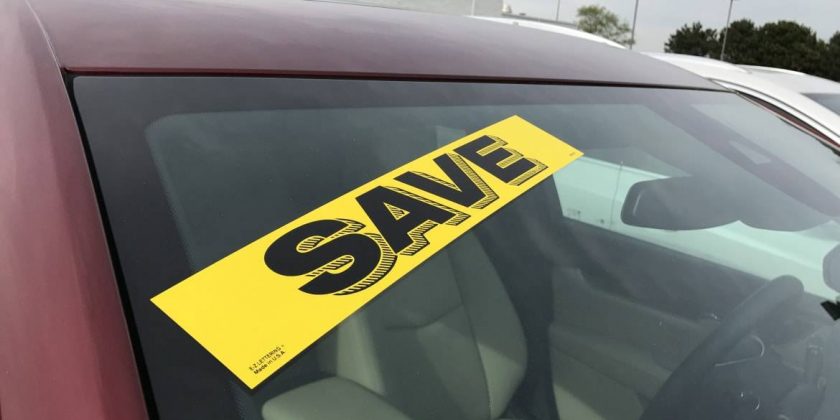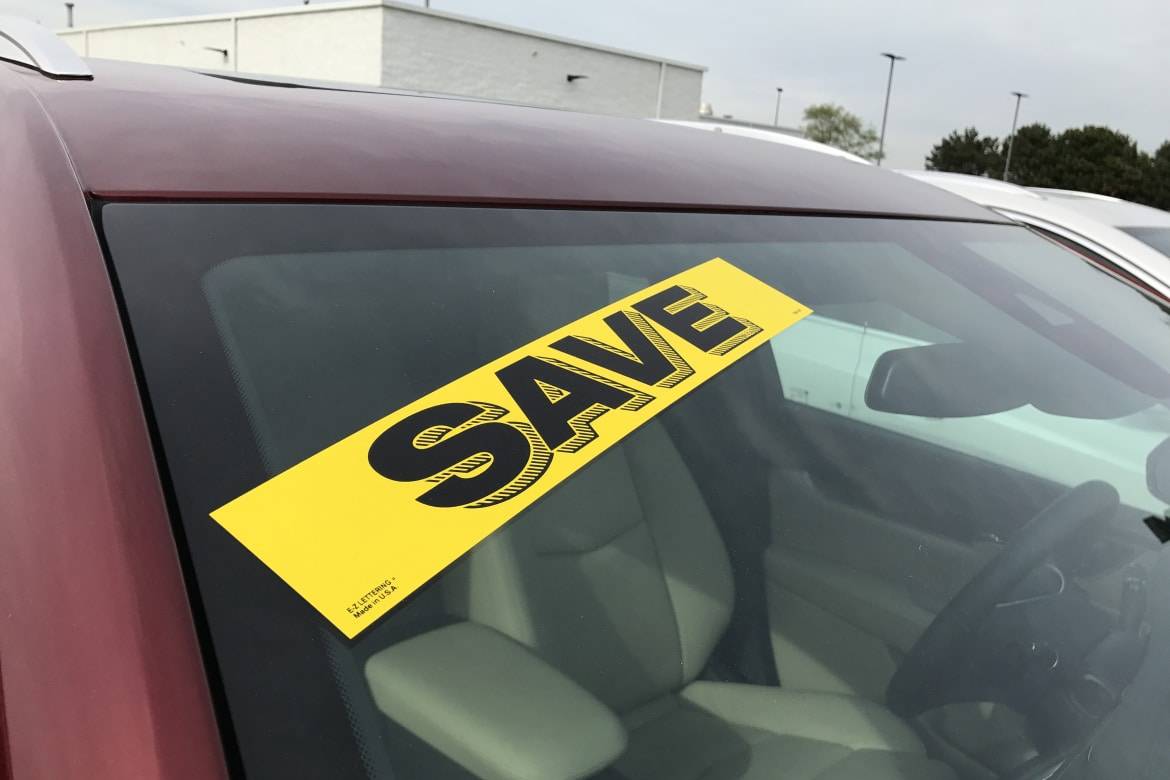Those annoying calls that remind you that your vehicle’s warranty has expired, or is about to, may not just be aggressive telemarketing. They might be scams, the Federal Trade Commission warns.
Scammers may pose as representatives of a car dealer or manufacturer and try to sell you an extended service contract that might provide only scant coverage or not actually exist. The real goal is to get your credit card or checking account number, according to the FTC.
Related: Are Extended Car Warranties Worth It?
Vehicle manufacturers don’t make unsolicited calls to try to sell you an extended service contract (commonly called an “extended warranty”), and neither will most dealers. Unlike extended service contracts, warranties don’t cost anything; they’re baked into the cost of the vehicle. In addition, only a manufacturer can extend a warranty. They will extend a warranty only to address specific problems in certain vehicles, such as engine damage caused by oil leaks, and they will notify you by mail.
Bottom line: Any phone solicitation you receive for an “extended warranty” will cost you money and will not be from the vehicle manufacturer.
Some phone pitches for an extended service contract might be legitimate, but caution is advised. If they’re aggressive enough to track you down and find your phone number, they’re likely to hit you with high-pressure sales tactics.
How Do They Know Your Warranty Expired?
In most cases, they probably don’t, but state motor vehicle records are public information, so they can find out that you own, say, an 8-year-old SUV and its vehicle identification number. Most vehicles that old will be out of warranty, so telemarketers are making educated guesses about who might be good candidates.
Why Do They Keep Calling and How Can You Stop Them?
Because that’s what they do — keep throwing out the bait in hopes of hooking someone. However, there are some things you can do to possibly stop the calls, or at least reduce the number.
Whether you know who’s calling or you don’t, the best thing to do is not answer (even if you’re desperate to talk with someone). That goes for any caller you don’t recognize. Make them leave a message so you can decide if you want to call back. That also gives you the opportunity to make sure your warranty has expired and investigate other options.
If you’re even remotely interested in what a telemarketer is offering, check out the company through an online search and with the Better Business Bureau before you start talking with them. If you don’t find anything or it’s just skimpy information, that’s not a good sign. A well-established company should have lots of customer reviews and other online references.
You can also try to stop the calls by registering with the national Do Not Call List at 888-382-1222. That may only deter companies that follow the rules and scammers won’t care, but after your phone number is registered for 31 days, you’ll be able to report unwanted calls.
Most wireless and landline carriers also offer tools to block telemarketers and robocalls, plus there are online services such as Nomorobo and several apps available for Android phones and iPhones.
More From Cars.com:
- Which 2021 Vehicles Have the Best Warranty Coverage?
- Pros and Cons of CPO Versus an Extended Warranty
- Should You Buy or Lease Your Next New Car?
- Find Your Next Car
Cars.com’s Editorial department is your source for automotive news and reviews. In line with Cars.com’s long-standing ethics policy, editors and reviewers don’t accept gifts or free trips from automakers. The Editorial department is independent of Cars.com’s advertising, sales and sponsored content departments.
Source: Read Full Article

